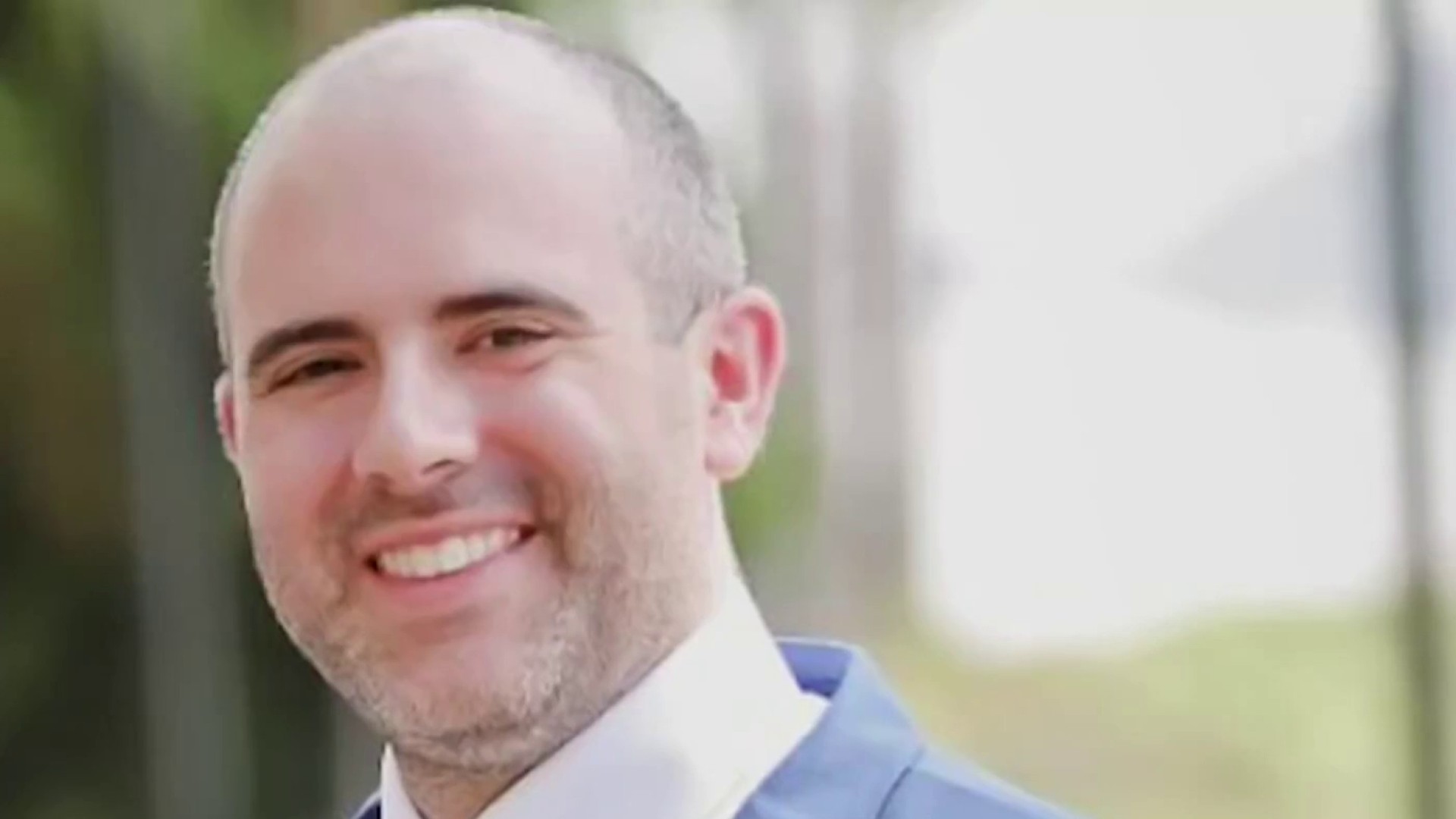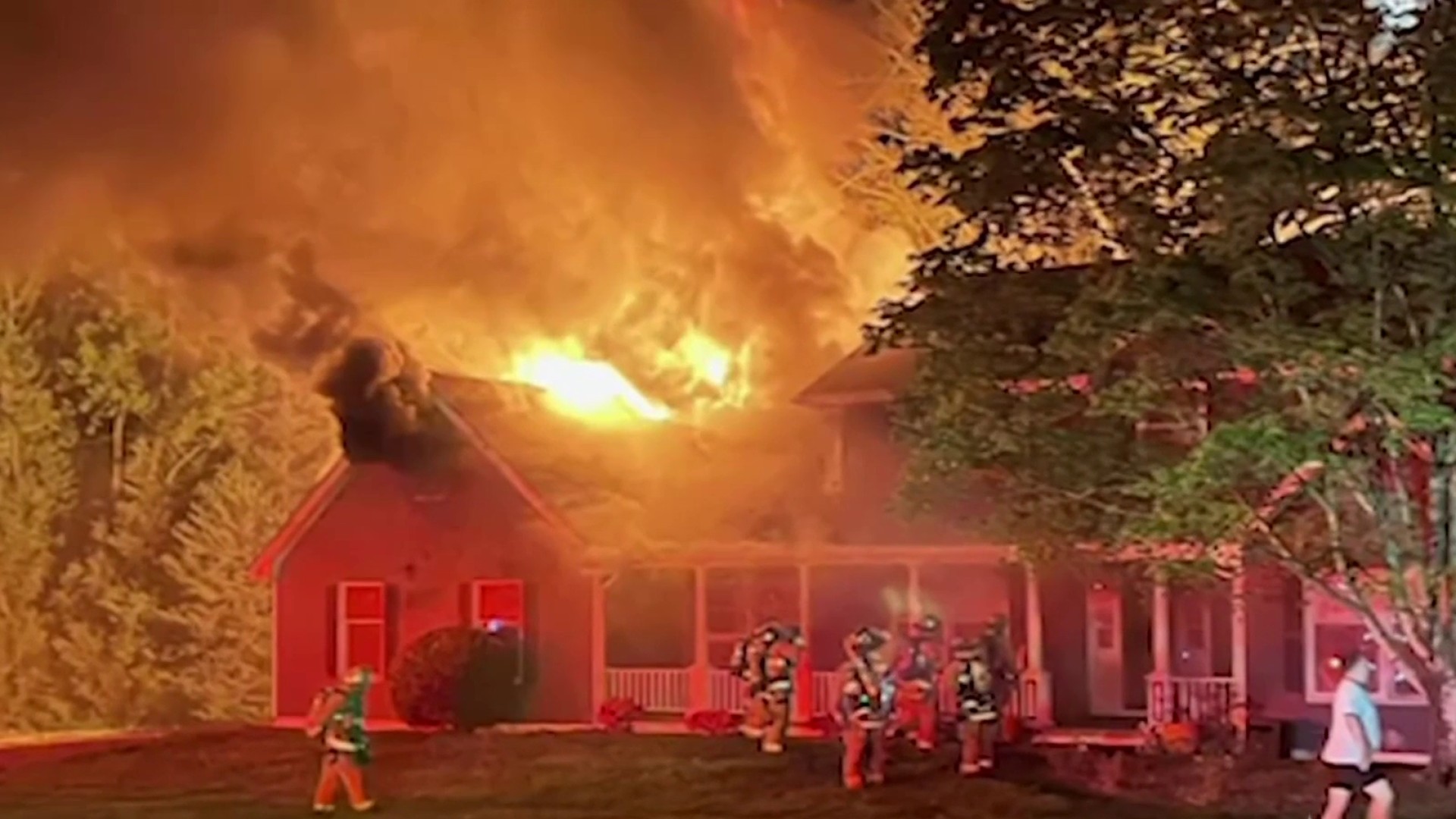William Koch said he sent flowers to his wife's grave at Arlington National Cemetery for several years before learning she was not there -- buried instead at the site next to it.
"Over almost five years, I sent flowers ... I sent wreaths at Christmas,'' he said. "I even took her mother up there so she could see her daughter's gravesite, and all she saw was a headstone
and an empty grave."
The retired Air Force colonel, who lives in Raleigh, N.C., spoke Thursday at a Capitol Hill hearing on the progress being made since an investigation revealed a mix-up of graves at the nation's
premier military resting ground.
Arlington officials said they've added staff and equipment, set new burial rules and tightened operations in the months since the investigators revealed the mix-ups. One lawmaker said that that's not enough progress. And a family advocacy group warned about the emotional toll taken by the most "invasive measures" the cemetery has used so far to correct the problems, such as digging up remains and DNA testing.
Koch told a House Armed Services Committee subcommittee Thursday that he was saddened to learn his wife's grave was among those mislabeled, saying "that needs to be corrected as best they can."
An Army Inspector General report in June found there were at least 211 discrepancies between burial maps and grave sites -- that is, the location of some people's remains were incorrectly recorded on some maps. Officials found cemetery operations were poorly managed, understaffed and antiquated. Employees still rely on paper records to keep track of more than two dozen interments a day and to maintain existing sites where some 300,000 troops, spouses and
U.S. dignitaries have been laid to rest since 1864.
Kathryn A. Condon, executive director since previous management was pushed out, told lawmakers that officials have hired more people, "establishing leadership positions and accountability where none existed before." They also have bought equipment to do a more professional job on burials and automated some parts of the operation, though have not yet computerized burial records.
Local
Washington, D.C., Maryland and Virginia local news, events and information
Where there were also no standards before, officials now require that a non-biodegradable identification tag is put on each casket, the grave number is painted on the grave's concrete lid and grave liner and other burial rules are strictly followed so remains are not misidentified or misplaced.
"The superintendent and his staff spend at least 60 percent of every day in the cemetery ... observing daily operations and ensuring expected standards are being met," Condon said in a
statement prepared for the hearing.\
She said she hoped these moves demonstrate progress has been made "to restore the nation's confidence in Arlington National Cemetery."
Rep. Rob Wittman, R-Va., the chairman of the committee's Subcommittee on Oversight and Investigations, said it wasn't enough.
"There is no question that the Department of the Army recognizes the importance of resolving outstanding accountability issues," he said. "However, progress toward full restoration and
resolution of these issues has been unsatisfactory and is in no way commensurate with the service and sacrifice of our fallen warriors."
As Condon and other newly appointed officials worked since last summer to unravel the problems, officials have crossed checked mountains of paper records, opened some graves and in one known case opened a casket, verifying that it did, indeed, contain the correct remains.
The Tragedy Assistance Program for Survivors, a national group that helps families of the fallen, said in a letter to the committee that the government must be careful in how it handles affected families.
"It is important ... that the concerns of surviving military families be included in the public dialogue regarding rectifying burial issues at Arlington ... especially as this public discussion
may prompt increasing calls for invasive measures such as dis-interment of remains and DNA testing,'' the group known as TAPS said.
"Many families have told us that disturbing a grave site, moving remains or questioning the location of remains has complicated their grief journey and caused emotional distress," the letter said.
The group recommended that Arlington set up a page on its website to explain the steps it's taking, set up an advisory group on the issue and involve trained bereavement counselors who can talk with families concerned about where their loved ones are buried.



